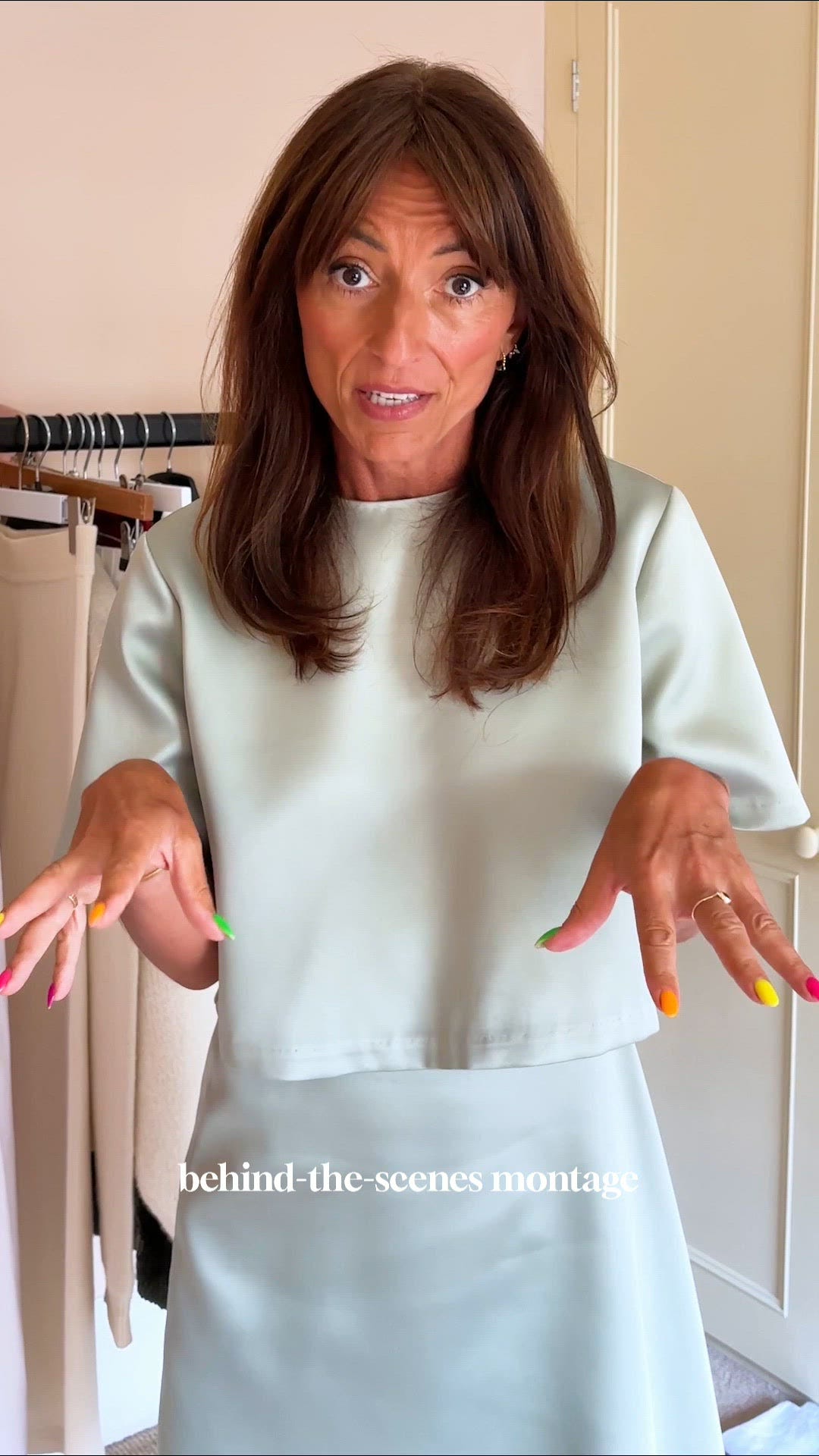'I’d been in a dark and hopeless place for a year. Things were not going well at work. Some of my relationships with family were in a bad place and I felt a huge amount of anxiety, which I’ve had a challenge with all my life. So I tried to find ways to relax.
I tried meditating, gratitude journalling and mindfulness, but they didn’t work for me. Then, one day, someone at the gym suggested I try boxing lessons. As I boxed, I had a surge of energy and my body vibrated with a strange sensation. I realised that I wasn’t anxious; actually, I was furious about a lot of things.
I’d always thought anger was a ‘nuisance’ emotion, unsophisticated and unhelpful. There are lots of books and courses for people on reducing anger. But there’s a whole other problem that’s less talked about – and that’s repressing anger. When I started talking to family and friends about it, one thing came up time and again: ‘I don’t really get angry.’
What to read next
Yet the more I read, the more I realised that anger is not the problem. It’s our misunderstanding of it that causes problems. None of us can live without anger. When we squash it down, deny it or call it something else, it can take a terrible toll on our mental and physical health and hold us back.
It can turn us into people-pleasers, conflict-avoiders or rescuers, people so desperate to keep the peace, we too often sacrifice our own. I should know. For more than 30 years, I was one of them.
The dangers of suppressed anger
The connection between depression and anger is well charted. After all, what is depression if not an angry inner critic in tyrannical overdrive, telling us we’re useless, hopeless and worthless? But anxiety affects far greater numbers – an estimated 33% of us – and its relationship with anger is less explored. You can feel very anxious and what you’re actually doing is suppressing anger. I had all sorts of physical symptoms at work that I put down to stress and anxiety, such as tense muscles, teeth grinding and jiggling my leg up and down. But once I started being more comfortable with expressing anger, it was remarkable how quickly those symptoms went away.
The idea persists that anger is a male problem. In fact, dismantling the idea that ‘girls don’t get angry’ is just as important as smashing the toxic stereotype that ‘boys don’t cry’.
In the annual global Gallup poll of emotions, women have now overtaken men in reporting anger. Yet studies suggest that the idea that anger is ‘inappropriate’ for women leads to its suppression, even in long-term relationships. It emerges instead in acts such as quiet sabotage (obstructing the goals of others), hostile distancing (being quiet or avoidant) and deflection (redirecting anger into other relationships, often with less powerful family members).
Meanwhile, being comfortable with expressing anger positively is associated with feelings of empowerment, happiness and even, in one study, a lower probability of mental health symptoms.
Accessing your rage
We’re wisely wary of anger because of the trouble it can bring. But we overlook the role that healthy anger can play in making us happier and more successful.
There can be great wisdom in anger. It can be a firm but loving voice telling us to fight on our own behalf. It’s the voice of a best friend – albeit one we may have to wait to calm down a little.
So pause for a moment when you feel angry. Listen to what it tells you. Anger is a sign that a boundary’s been crossed. Something needs to be addressed.
Good anger is when you act on that with calmness and clarity. Perhaps you’ll use its energy to have a direct, honest conversation that improves a relationship. Or turn it into something that’s tactically useful, such as smashing some goals, which will put you in a more advantageous position.
Bad anger is when you punch the wall, have a screaming match or suppress it and make yourself ill. Once we learn to stop directing anger against ourselves, we can let it do its proper job, which is to defend us, help us set boundaries and fight back when we’re harmed. In fact, used properly, no emotion is more self-loving than anger.
As told to Sarah Maber
Good Anger: How Rethinking Rage Can Change Our Lives (Green Tree) by Sam Parker is out 5 June













